Dundee was particularly famous for wild behaviour at coronations in the 19th century and became the cause of widespread outrage in 1838.
The Dundee coronation riot made national and even international news at the start of Queen Victoria’s reign which got off to a royally unwelcome start in the city.
Author Tom Welsh said it was timely to consider Dundee’s 19th century experiences of coronations “because we are not that far off 19th century imbalances again”.
“Some people may be worried in case it influences modern factions come next year’s coronation of King Charles but I think it is important to be aware,” he said.
“It is a reality we might hope will not appear this time but I think the risk is there.”
Tom has been looking back at the screaming scenes of 1838 which he uncovered during research for his new book titled Hilltop Bonfires – Marking Royal Events.
“We really know very little about coronations,” said Tom.
“The last one was in 1953, and before that 1937.
“In the 20th century coronations were very civilised affairs, very impressive public events. In the 19th century they were very different.
“The monarchy was in disrepute, mostly due to the excesses and misconduct of the Prince-Regent, crowned in 1821 as George IV.
“The public protested and rioted at coronations more than they celebrated. We might argue that these rowdy coronations are in the distant past, but ideas of republicanism and other forms of dissent surfaced even in 20th century coronations.
“It might be regrettable history, but it is a risk we need to consider.”
In the 19th century there were real problems with the mob.
If these poorer elements got sense of an injustice, they reacted collectively.
Nowadays, in this digital age, where we have access to television, radio, telephones and the internet, we can quickly come together to show our strength of feeling.
However these feelings were much harder to express in the 19th century.
“There were bad scenes all round Britain, but the Dundee coronation riot of 1838 made national and even international news,” said Tom.
“It could be argued to have been caused by a minority, made up of the lower working classes. However, it tended to be the gulf between the ‘haves’ and the ‘have-nots’ that fuelled disturbances. It was the spectacle of coronations, the lavishness and opulence displayed, that tended to exacerbate ill feeling amongst the lower ranks.”
When Dundee rioted against Queen Victoria coronation
At the coronation of Queen Victoria the mob went too far.
Tom said: “They started out quite merry and good-humoured, but rough elements quickly interceded. At first it was fireworks being thrown.
“Sticks appeared and people got hurt, and one person with a long pole used it to mow people down. The usual call for a bonfire emerged.”
Volunteers went to the docks to look for fuel and they came back with a boat and some barrels. The boat was dragged up into the High Street, where it was set on fire.
Now they had a mobile fire.
About 10.30pm a cry was raised to set fire to something else, suggesting the semi-permanent circus near the docks, or Scott’s Shakespearian Pantheon.
“This building is a bit of a mystery,” said Tom.
“Mostly wooden, but with a very grand frontage, it had been erected a few years before to bring Shakespeare and other theatrical performances to the masses.
“However, it seems to have had other uses, which had brought it into ill-repute, so the chance to wreck it seemed to appeal to the mob.
Dundee theatre reduced to ashes in riot
“So, the burning boat was dragged along Union Street and hauled alongside the theatre.
“The mob broke open the doors and carried out scenery and props and anything else they could carry, to supplement the bonfire.
“This greatly increased the fierceness of the blaze, and loud cheers were raised.
“Then the boat was heaved against the walls, which quickly caught fire, resulting in an inferno. It was so fierce people had to get away from the fire, but they enthusiastically egged on the process for half an hour. By the time fire tenders arrived the theatre had been reduced to ashes. Satisfied by this the mob gradually dispersed.
“Fortunately, there was no wind, as the theatre was close to the docks.
“Ships there were undamaged save that tar in some of the rigging melted with the heat.
“There seems to have been some approval of the destruction of the Pantheon as it had been perceived as corrupting morals, particularly of the young.
“However, it was a serious civil incident and a threat to property, and it led to efforts to contain future riotous expressions from the mob.”
Accounts of the riot also gave Dundee national recognition.
Within days the original story in The Courier had made the London papers, such as the Morning Chronicle and London Evening Standard on July 6.
But it also made many of the Irish papers, which seemed to take to incidents of this kind, and many county papers in England. Various versions of the story circulated throughout July, and even appeared in foreign newspapers.
There were also riots in 1831
Even if less dramatic, the coronation of William IV on September 8 1831 produced riots.
Tom said: “Dundee had a problem with unruly behaviour at fairs, and the potential for a rammy was always below the surface.
“There was a lot of very poor housing, and people in low paid jobs. The authorities had tried to keep the Dundee celebrations low profile. Gatherings were discouraged and shops closed. However, in the evening a crowd of about 1,500 young people gathered at the foot of Union Street near the docks.
“There was a call for a bonfire, and fuel was found, including old barrels, but the police intervened, throwing the barrels into the wet dock. The crowd pelted them with burning faggots, and eventually the police gave up, and a fire was successfully lit.
“Later they attacked a gentleman in Castle Street, whom they took for a police sergeant because of his clothes, some hitting him with sticks.
“He took refuge in the Lion Tavern and the crowd smashed the pub windows in protest.
Will Dundee riot again at Charles’ coronation?
“This account appeared in the Dundee Courier, and in other papers soon after.”
Not everyone in Dundee will be celebrating the coronation of King Charles but it’s unlikely there will be a repeat of these unruly scenes in the city on May 6.
Although history tells us that nothing is certain but death and taxes.
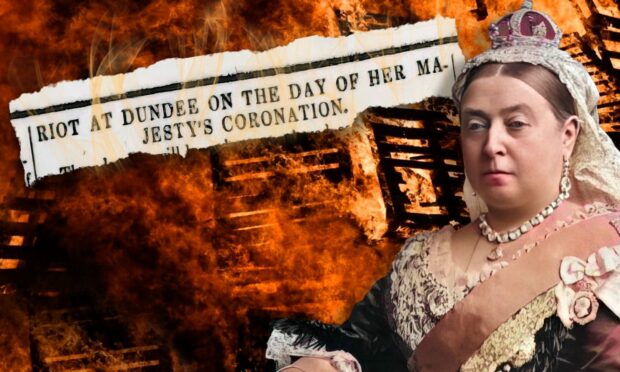
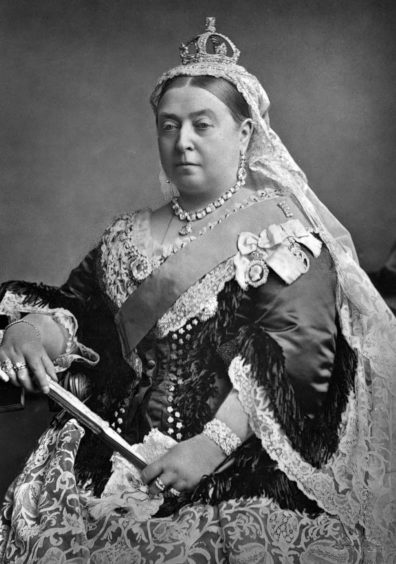

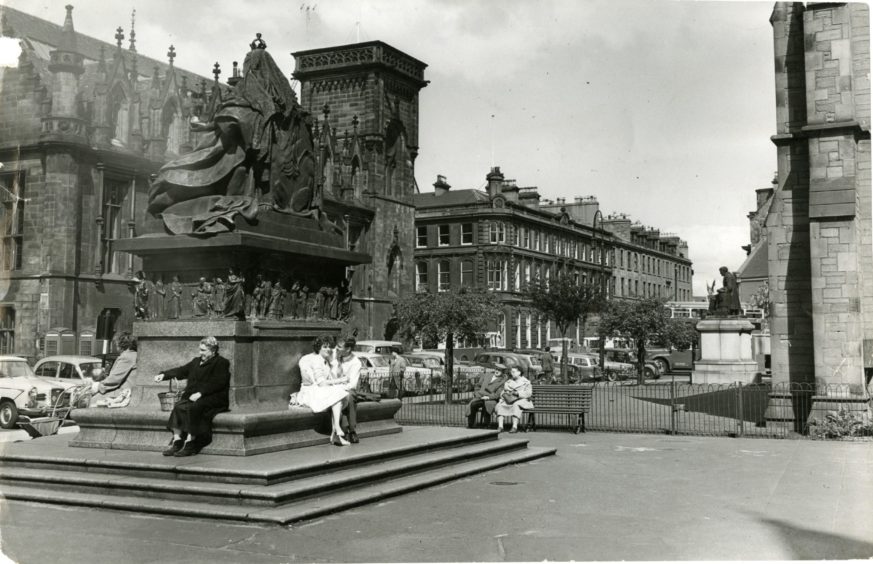
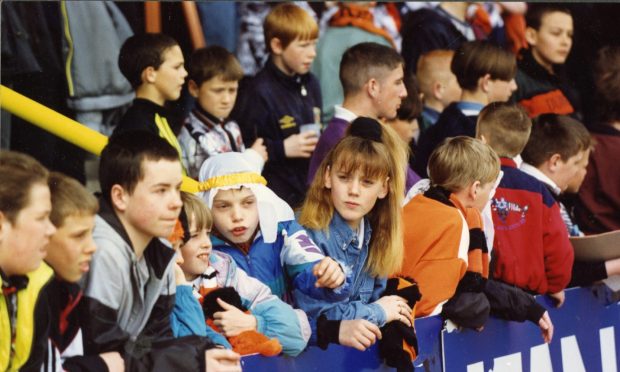
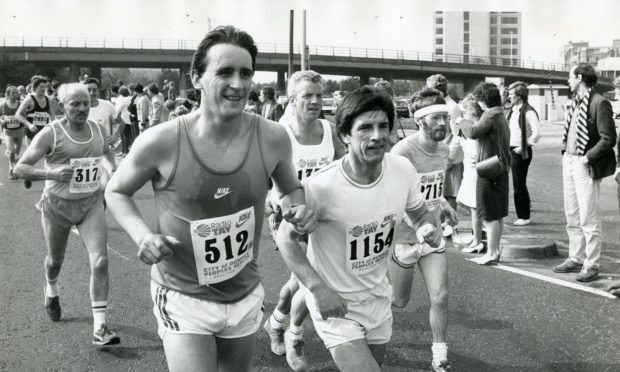
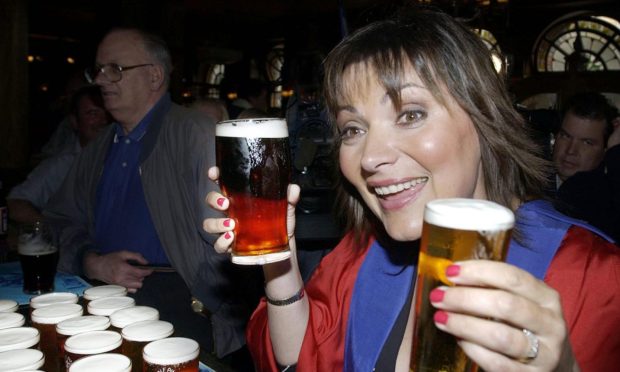
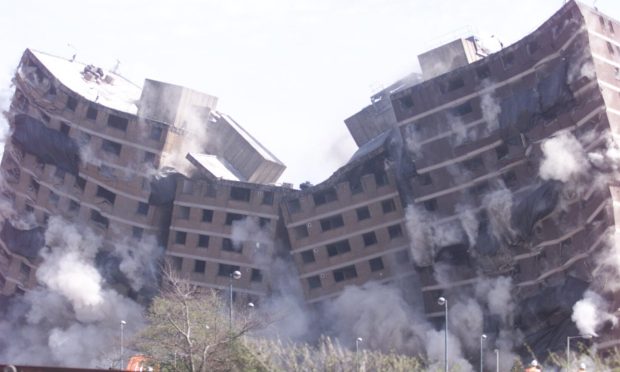
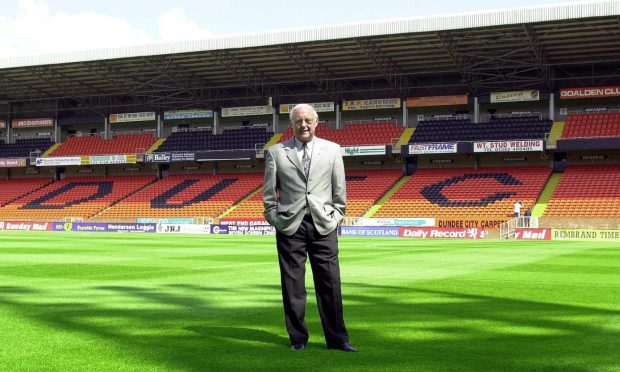
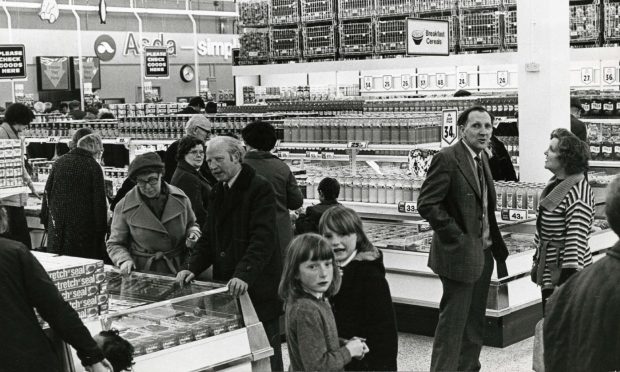
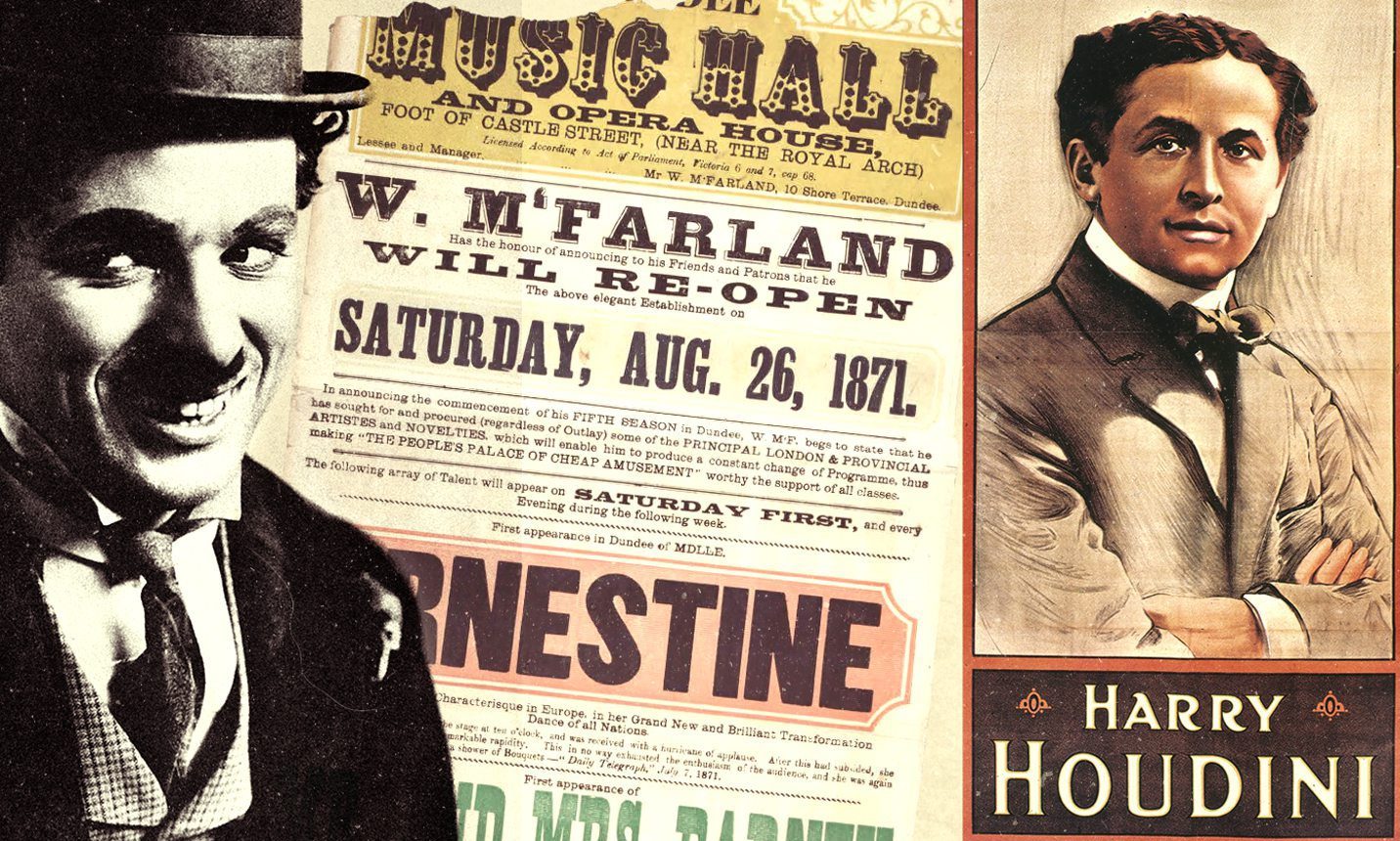
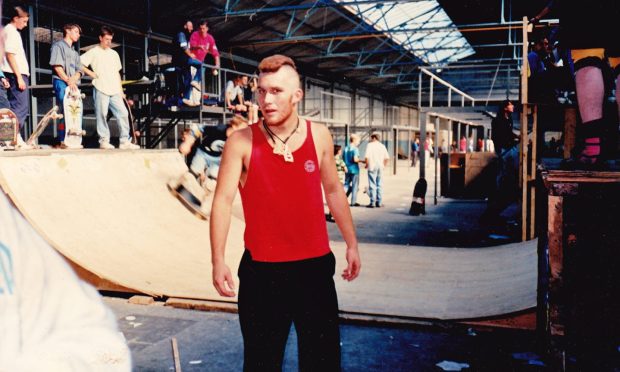
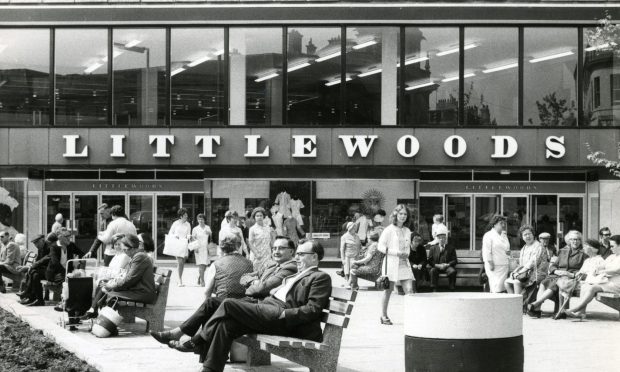
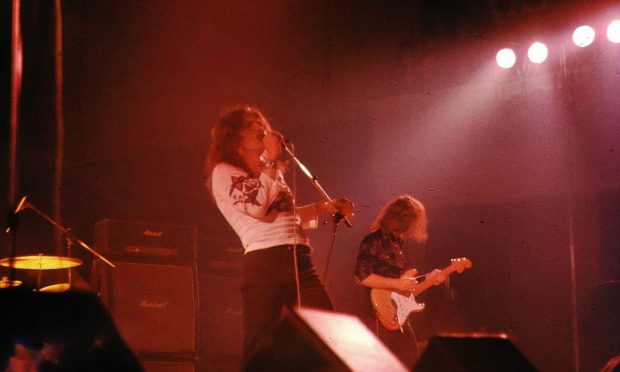
Conversation